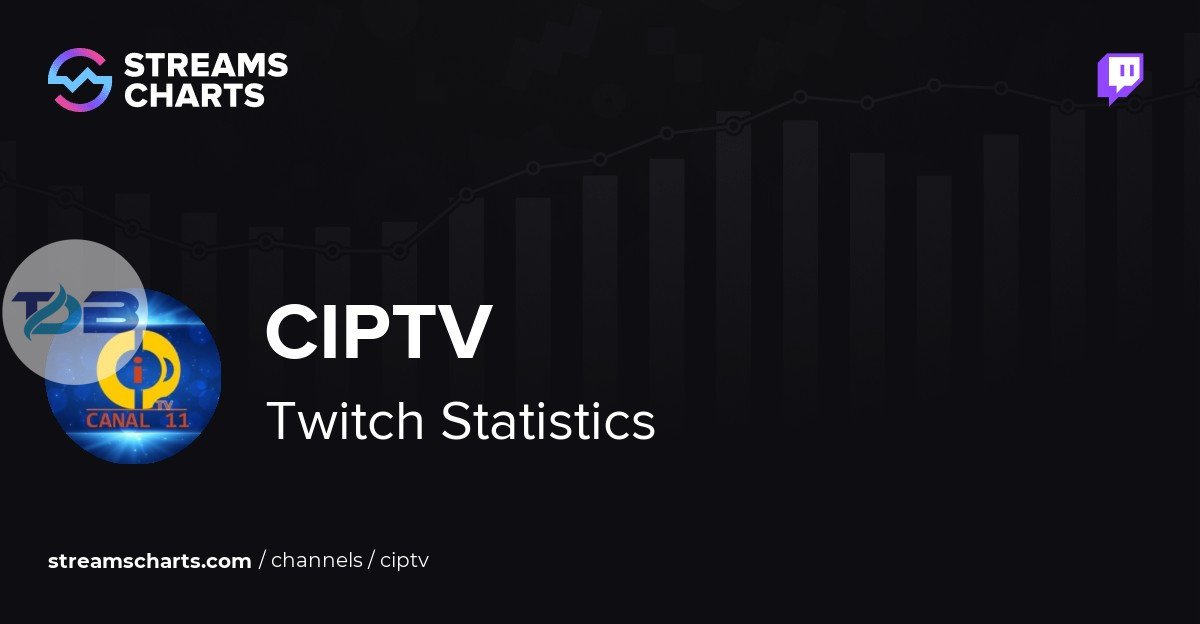CIPTV, short for Cloud Internet Protocol Television, is revolutionizing the way we consume entertainment. In a world where traditional cable and satellite TV are slowly being replaced by more flexible, internet-based services, CIPTV stands out as one of the best options available, especially in the United States. This article will take you through the ins and outs of CIPTV, explaining why it’s becoming increasingly popular and how you can set it up in your own home.
How Does IPTV Work?
CIPTV works by delivering television content over the internet rather than through traditional terrestrial, satellite, or cable TV formats. It uses the Internet Protocol (IP), the same technology that drives the internet, to deliver media content to your TV, smartphone, tablet, or any other device that can connect to the internet.
When you subscribe to a CIPTV service, you gain access to a large library of live TV channels, on-demand content, and even cloud-based DVR functionality. The service works by sending small packets of data over your internet connection, which are then decoded and displayed on your screen in real time. Because the content is streamed via the internet, there is no need for a cable box or satellite dish, giving users more flexibility in how they access their entertainment.
Why Is CIPTV Popular?
CIPTV is gaining popularity due to its convenience, affordability, and flexibility. Traditional TV services are often expensive, requiring users to rent set-top boxes, sign long-term contracts, and limit their viewing to their homes. CIPTV, on the other hand, offers a far more flexible solution. You can stream your favourite channels and shows from anywhere with an internet connection, and there’s no need for bulky equipment or complex installation processes.
Furthermore, the rise of smart TVs, smartphones, and tablets has made internet-based television services like CIPTV more accessible than ever. People are looking for options that allow them to consume content on their own terms—whether at home, on the go, or while travelling.
What Are the Benefits of CIPTV?
CIPTV offers a variety of benefits that have helped it become a strong alternative to traditional TV services. Some of these advantages include:

No More Cables
One of the most significant benefits of CIPTV is that you can finally ditch those messy cable connections. Since all content is delivered via the Internet, there’s no need for coaxial cables or cable boxes cluttering up your living room. This also means that you won’t need to worry about finding a provider in your area or paying for expensive installation fees.
Access to More Channels
CIPTV opens up access to a wide variety of channels, including international ones that you may not get with a standard cable or satellite subscription. Many CIPTV providers offer hundreds of channels covering everything from news and sports to movies and kids’ programming. You can even find niche channels that are tailored to specific interests, giving you a more personalized viewing experience.
Watch Anytime, Anywhere
Because CIPTV is streamed over the internet, you’re not confined to watching on a single device in one location. Whether you’re on a business trip, vacation, or just moving from room to room in your house, you can access all of your favourite shows, movies, and live TV channels. All you need is a stable internet connection and a compatible device. This kind of freedom is what draws many people toward CIPTV as their primary source of entertainment.
How to Set Up CIPTV at Home?
Setting up CIPTV at home is much simpler than installing a traditional cable or satellite TV system. Here’s a step-by-step guide to get started:
- Choose a CIPTV Provider: First, you’ll need to select a CIPTV provider. Some of the most popular options in the United States include Sling TV, Hulu + Live TV, and YouTube TV. Each provider offers different channel packages and features, so choose one that fits your needs and budget.
- Get a Subscription: Once you’ve selected a provider, sign up for a subscription. Most providers offer a free trial, allowing you to test the service before committing.
- Download the App: After subscribing, download the CIPTV app on your smart TV, streaming device (such as Roku or Amazon Fire Stick), smartphone, or tablet.
- Sign In and Start Watching: Open the app, log in with your account details, and start streaming your favourite channels and shows instantly.
Is CIPTV Right for You?
CIPTV is a fantastic option for anyone looking for a flexible, cost-effective way to access TV content. Whether you’re tired of dealing with cable companies, looking for a more portable solution for your entertainment needs, or simply want access to more channels, CIPTV is a viable alternative.
However, there are a few things to consider before making the switch. First and foremost, you need a reliable, high-speed internet connection to stream content smoothly. If your internet connection is slow or unstable, you may experience buffering, which can negatively impact your viewing experience. Additionally, while CIPTV offers a wide variety of content, you may not find all the channels or shows you’re used to from traditional TV services.
What Equipment Do You Need for CIPTV?
Setting up CIPTV requires minimal equipment compared to traditional cable or satellite systems. Here’s what you’ll need:

Stable Internet Connection
A fast and reliable internet connection is essential for streaming CIPTV content. The recommended minimum internet speed for streaming HD content is 5 Mbps, but if you plan on streaming in 4K or have multiple users in your household, you may need at least 25 Mbps or higher.
Compatible Devices
You’ll need a device capable of streaming CIPTV. Most smart TVs are compatible with CIPTV services, but you can also use streaming devices like Roku, Amazon Fire Stick, Google Chromecast, or Apple TV. Additionally, you can stream on smartphones, tablets, and computers.
IPTV vs Regular TV: What’s the Difference?
The biggest difference between CIPTV and regular TV lies in how the content is delivered. Traditional TV relies on terrestrial, satellite, or cable signals to deliver content to your TV, while CIPTV uses the internet to stream content. Here are a few key differences:
- Cost: CIPTV tends to be more affordable, as you only pay for the content you want and don’t need to rent additional equipment.
- Flexibility: CIPTV allows you to watch content on a variety of devices, wherever you are, while traditional TV is usually limited to a single device in your home.
- Content Availability: With CIPTV, you have access to a broader range of channels and on-demand content, including international and niche channels.
Getting Started with CIPTV Today
Ready to make the switch to CIPTV? It’s easier than ever to get started. Just follow the steps outlined earlier in this article to choose a provider, sign up for a subscription, and download the app to start watching your favorite shows and channels instantly. Make sure to have a stable internet connection and a compatible device for the best experience.
The Bottom Line
In conclusion, CIPTV is transforming the way we consume television. It’s convenient, affordable, and flexible, offering viewers the ability to watch content anytime, anywhere, without the need for bulky equipment or long-term contracts. Whether you’re tired of paying high cable fees, looking for more channel options, or simply want the freedom to watch TV on your terms, CIPTV is a fantastic option. With minimal setup and access to a wide range of content, it’s no wonder CIPTV is quickly becoming the go-to choice for TV viewers in the United States.








































Leave a Reply